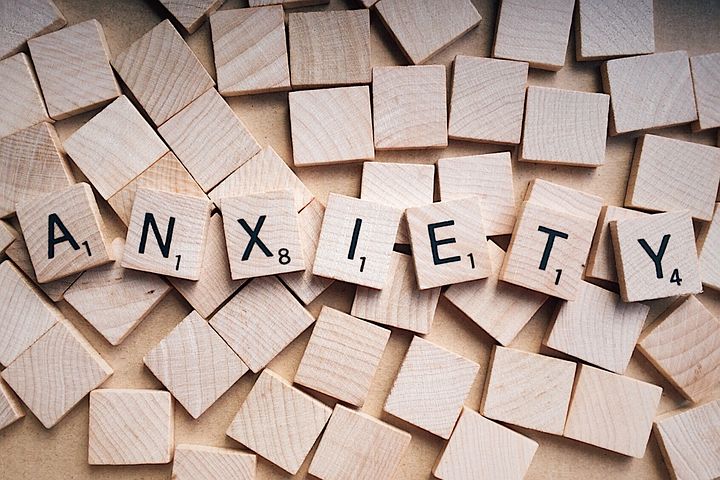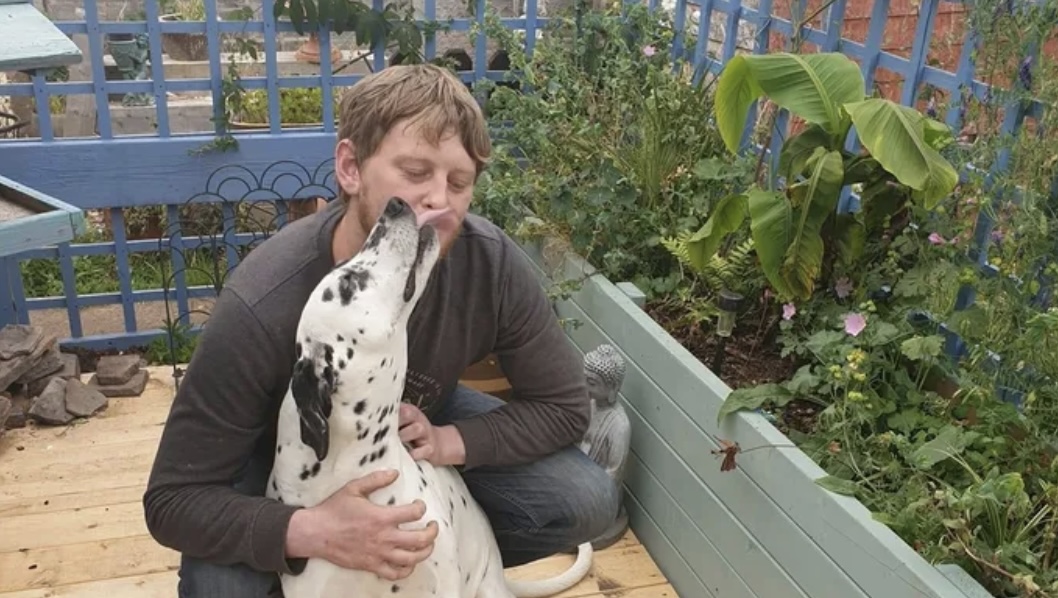By Clara Hickman
SAGE (Scientific Advisory Group for Emergencies) have warned since the first lockdown in March last year that the UK’s children and young people are at risk of becoming the “lost generation” of the Coronavirus pandemic.
With schools once more closed during lockdown and exams cancelled for the second year in a row there have been fears of “very real anxiety among our student population” said Chairof the Further Education College Principals Group, Ken Webb.
The second wave of the virus has affected more young peoplealthough it is still likely the majority of children will be asymptomatic. Despite it not directly affecting many young people, SAGE warn that the younger generation are at risk of being the worst hit by the collateral damage of Covid-19.
President of the Union of Students in Ireland (USI), Ellen Fearon, has urged the UK government to invest in resourcesand assets to help these young people otherwise there could be the real possibility of the stress having long-lasting effects.
Today marks the start of children’s mental health week. Since the start of the pandemic children have faced many challenges and disruptions to what they would consider normal.
There is a sense of uncertainty, of being in limbo. Children, like many others find comfort in routine and that is what hasbeen missing since the start of school closures.
After months of staying off school, children have experienced social isolation from their friends on top of inevitable academic pressure.
Schools are not just a place for learning. Children get to build relationships with their peers and develop both socially and emotionally too.
Dr O’hare, co-chair of the British Psychological Society’s Division for Educational and Child Psychology said “it’s really stressful for children and their families.”
Children no longer have structure in their life which for many will be affecting their well-being.
The NSPCC (National Society for the Prevention of Cruelty to Children) has recorded a 10% rise of counselling for loneliness by its Childline service since the start of the pandemic.
Research by the Young Minds charity showed that when children returned to school after the first lockdown 69% of children described their mental health as poor compared to 58% who said they had poor mental health prior to schools re-opening.
It is likely that there will be a repeat of this when schools return this year.
Findings also showed that only 15% of children thought there was sufficient mental health support in their schools while 58% disagreed.
Prime Minister, Boris Johnson is facing increasing pressure from parents and conservative mp’s to get children back to school this month.
Conservative MP, Esther Mcvey said “we genuinely seem to have forgotten about school children. We’ve got to start thinking about their prospects and futures.”
Mcvey expressed the importance of ensuring this generation of children and young people are not overlooked.
With their routines being constantly disrupted, Young Minds asked some children what resources they would like to see when schools return and what they would find helpful.
A huge 87% said they would like a quiet, private place to go when things got too overwhelming, while 59% think extra help with school work would be useful.
Over half of the children Young Minds spoke to said they would like mental health support from teachers and 51% said lessons on well-being and mental health would be very helpful.




